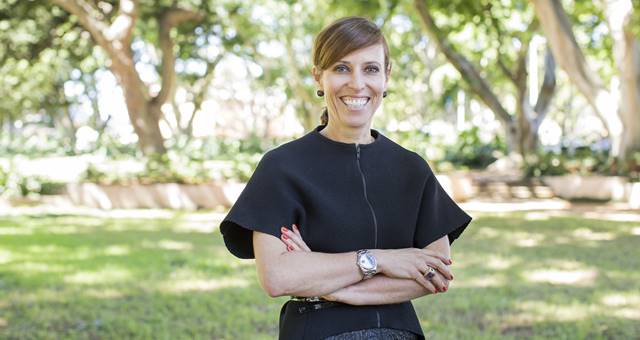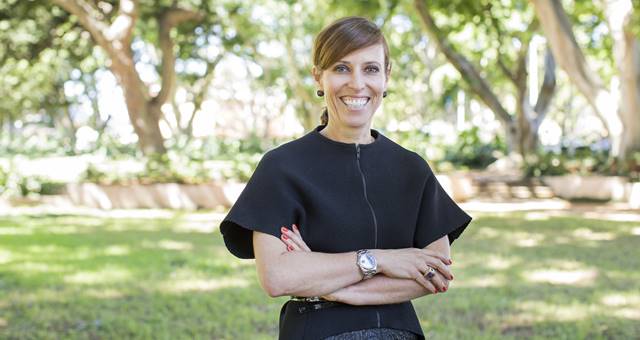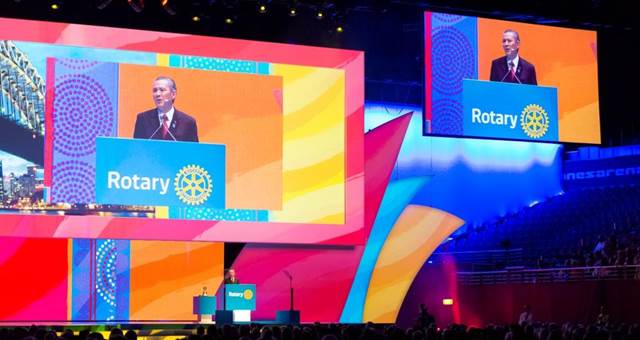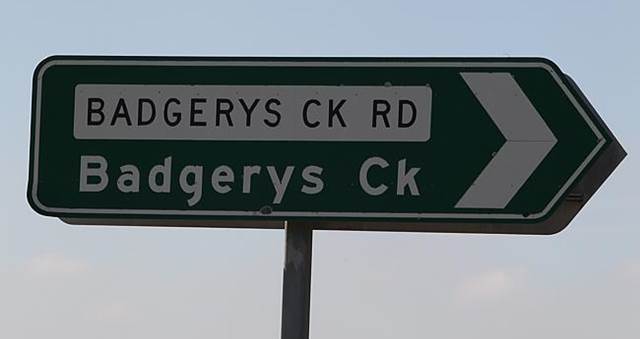

Spice caught with Penny Lion from Tourism Australia’s events division to talk about how to successfully attract international delegates.
Based on recent research, here are some key insights into what drives international delegate purchasing decisions.
1. How important is destination in terms of delegate buying decisions?
Lion said, “The majority of delegates attending an international conference are influenced by a strong combination of destination appeal and conference content. In fact, 76 per cent of respondents cited this combination as the main reason for choosing a conference. There are only a small amount who are making decisions based only on the conference content or the destination of the event.”
2. Do all industries behave similarly or are certain industries more/less susceptible to destination marketing?
“The research didn’t specifically break information down by sector, however the difference in what made a conference appealing seemed to have more to do with the level of career development the respondent had achieved. For example, those who stated that they made decisions purely on destination appeal tended to be business owners or very senior in their profession, whilst those who chose conferences based on conference content alone were likely to be frequent travellers or regular conference speakers,” said Lion.
3. Do different markets have different desirable destinations or is Australia number one across the board with all markets?
“Australia performed very strongly across the board, however specific destinations were not defined. Compared to the USA, the UK, Europe, Asia and South Africa, Australia ranked number 1 for:
– Great scenery
– A destination worth attending a conference at just to sightsee
– Worth travelling to
– Family and friends being excited to travel there
– Being an exciting destination
– Having world-class food and wine
– Ease of travel within the destination.”
4. What are the key factors that delegates consider in terms of a destination (i.e. does it need to be a world leader in neuroscience, for example, or can it just be a desirable place to visit?)
“As mentioned before, the majority of delegates attending an international conference are influenced by a strong combination of destination appeal and conference content. Delegates look for learning and networking opportunities that can help them with professional development when considering the content of a conference, including: Papers being presented (for quality, innovation and uniqueness); Delegates attending (who can they meet?); Accreditation points offered by the conference; Program and subjects being covered; and Speakers attending.
“When it comes to destination appeal they are looking for leisure opportunities including: Food and wine experiences; History & Culture; Icons and attractions to visit; Activities on offer; People to meet or visit,” said Lion.
6. How should you include the destination message in your conference website?
“The research discovered that the number one place that delegates look for information when considering whether to attend a conference or not is the conference website, so organisers must include not only destination messaging but also details of the conference that will convince delegates to attend. Conference organisers can help drive registrations by providing compelling details of the conference theme, keynote speakers, innovative presentations and high-profile delegates as soon as possible – and updating this regularly.
“It’s important to highlight the destination, as mentioned previously – but also to do so within the context of the conference. Are there any great leisure/sporting events taking place in the destination during the conference, for example? Are there any special deals or offers for delegates during their stay that can help them experience more? What are the top dining attractions in the destination? What are the ‘must-dos’? It’s also important to build the destination experience into the conference, for example by highlighting opportunities to make contact with local experts in the same sector as the conference. Are there any opportunities for site visits or meetings with local industry leaders during the conference? Will the final dinner event take place in an iconic setting?,” said Lion.
7. At what points along the way should you communicate destination messages? (ie Bridgeclimb delegate offer goes out when?)
“Given the decision making process is complex and lengthy, but with bookings happening 1 to 3 months out, it’s important to deliver the right message at the right time. The research brought great insights into when to communicate specific messages to delegates, and is a valuable resource for industry in determining when to put offers in front of delegates. There are three key points of influence, all related to ‘early-bird’ booking dates for the conference, that industry should take note of in order to help delegates choose Australia. The research contains this timeline, as well as advice as to what to communicate at which time.”
8. Areas for improvement?
“The research showed that whilst Australia ranks highly with delegates, there is a lack of understanding about Australia’s innovators and experts across many fields that are relevant to the association customer. Highlighting Australian expertise and industry leadership is key to overcoming any lack of international profile and driving registrations for Australian conferences,” said Lion.
Click here to access the full research report.



